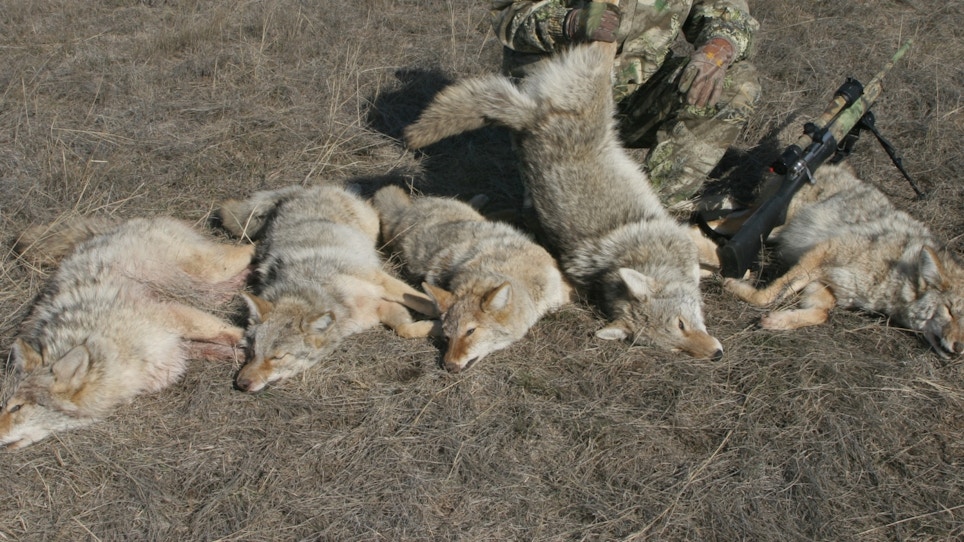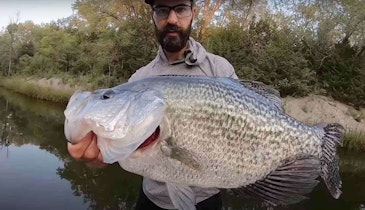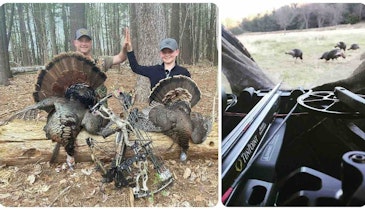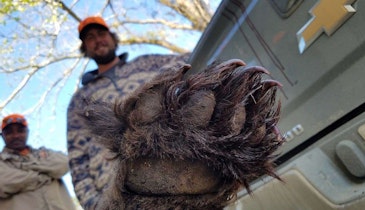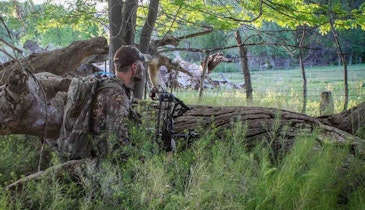If you lean toward a Second Amendment lifestyle you likely embrace capitalism and a small-business mindset. You probably don’t like “big brother” watching you and you really don’t appreciate them competing with you. This suprising occurs even in predator hunting, as county, state and even the federal government control predators that you could be hunting. As you plan future predator hunts you may not only want to be searching for great locations, but inquiring about how much “big brother” hunting goes on in a particular region.
Most of the “government” hunting is spurred by coyote predation on livestock. According to the most recent data from Wildlife Services, a non-regulatory program of the U.S. Department of Agriculture’s Animal and Plant Health Inspection Service, coyotes definitely have an impact on livestock operations. Livestock losses, mainly to coyote predation, totaled nearly 220,000 head during 2010, the most recent data available. This represented a loss of $98.5 million to farmers and ranchers.
Numbers like that prove that coyotes do have an impact and that doesn’t include the losses of sheep, goats, swine, poultry and even pets to this cagey predator. Of course deer hunters also see the impact of coyotes. Western biologists have known for years that coyotes abandon most food sources once fawns are born to focus on the helpless animals. As coyotes spread east, even states like South Carolina are now concerned about the impact of coyotes on fawns.
So is the money being spent by government worth the effort or should you be the coyote crusader? According to statistics from the U.S. Department of Agriculture, the Wildlife Services predation management program does its job at a cost savings to livestock producers.
“The WS predation management program provides a significant benefit to livestock producers and the public. In an analysis of 1998 (NASS) data, Bodenchuk, Mason and Pitt found that for every dollar spent for predation management, $3 worth of livestock were saved. The full impact of a $20 million investment in predation management ($9 million in federal funds and $11 million in cooperative funds) was a $250 million net increase in economic activity.”
For now, the data proves that predator professionals do make an economic influence in the livestock industry and that trickles down to consumers like you. Target problems require targeted tactics. Oftentimes those tactics have to arrive at a moment’s notice. In other instances a broad control effort helps keep predation at a minimum impact year after year.
I’m not writing this to rile up readers. Professional predator hunters serve a purpose. Of course they might take away some of your weekend thunder with their efforts. I am informing weekend warriors that as you make future plans for predator hunting consider reaching out to government entities on the extent of their predator outreach. If it sounds extensive you may want to point your truck in another direction.
